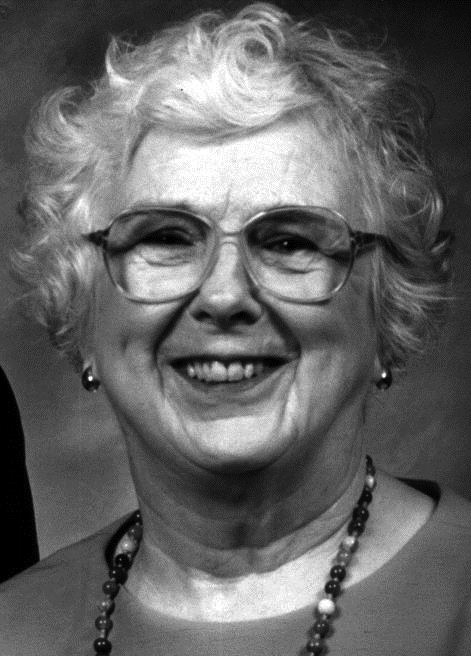As we busy ourselves in our attempts to cleanse history by stripping street signs, changing school names and knocking down statues, we had best pause and think how future generations will judge our actions in the standards of their era. It is to be devoutly hoped that humankind improves in our actions. Therefore, it is unfair to judge the actions of our ancestors by our supposed enlightenment.
Few humans have nothing but good in our lives. I don’t mean things beyond our control that happen to us but things that we do to ourselves and others. How often do we in the later decades of life wish that at 15, 20 or so, we had had the wisdom that our life experiences now endow us?
And the truth be known, even with the wisdom of years most—all?—of us continue to make mistakes. In other words, few humans manage to live perfect lives.
We need only check in the Holy Bible that so many of us profess as our guide to learn that even those characters whom we most admire were all too often involved in less than pure good in different periods of their life. Some did rather horrible things, but we also find that their good could, and did, outweigh their evil. We are expected to learn from both.
It does not pay to forget history, but that is what happens when we try to eliminate all signs of the bad, all signs of people who, although most assuredly admired in their era, most assuredly do not meet our current standards. Our responsibility is to focus on both the good and the evil in order to live more by the good.
Undoubtedly, we will often miss that goal allowing future generations to condemn us in wonderment of how we thought our actions were acceptable. That is true even of those whom we most admire for their contributions to the good of society.
We can only live in the standards of our era, in the conditions of our time. Yes, in looking back we wonder whatever were they thinking in some of the acts, acts that have profound effect on our lives today. We cannot change those acts, but we can learn from them just as we hope future generations will profit both from our mistakes and our successes. Society is ever changing.
On the whole, we have profited by so-called progress but that progress continues to be unavailable to many in our own circles and even more limited in many parts of the planet. Our progeny question many of our actions today just as we oldsters question the behavior of the young, but that is how change develops.
Life is a mixture that moves in bits and pieces. Before we condemn our predecessors, we should look at our own actions.
Are the people and the actions we are honoring today going to be worthy in later times?
Are we making the most of our opportunities?
Should good actions that stand the judgment of time be forgotten because the person also committed unacceptable actions in their lifetime, actions that strange as it might seem today were accepted and, worse yet, praised in their era?
Arguably, we can probably learn more from wrong, from our mistakes, than from our smooth times. It is called learning the hard way.
My plea is that we slow down in our holier-than-thou attitude and concentrate on what we can do today rather than condemn people of the past for their mistakes. Whatever “progress” has been made, we still have a long way to go.
Do we need to name some of today’s transgressions? Not in any order of horror or good effect but points to ponder without judgment:
Would we have this nation had our ancestors not migrated here without regard to those already here?
In today’s exploration of space, are we any more inclined to think of the effect on whomever or whatever we find on other planets?
What about the horrors coming out of Syria? Or Yemen?
Would we have had slavery without the help of some African tribes profiting by assisting in the capture of their fellow citizens?
Is this great nation still bullying little Cuba?
What about those continuing to be held at Guantanamo? Or some of our domestic prisons?
How do we assess the value of the Panama Canal?
Today’s attempts at voter suppression in the nation founded on the value of the vote?
Our homeless?
Climate change?
China’s ongoing efforts to control Tibet or Taiwan?
Many more could be added to the list of unresolved transgressions. We might not be honoring them, but they will generate many questions by future generations who must live with the results of both good and bad just as we must of those who preceded us.
We need not glorify the past, but we ignore it at our peril. May we continue to strive for a better world and may we be tolerant of those who disagree with how we perceive and act on just what makes that a better world.
We can start with respect for our fellow/sister humans and gratefulness for our blessings remembering, “There but for the grace of God go I.

